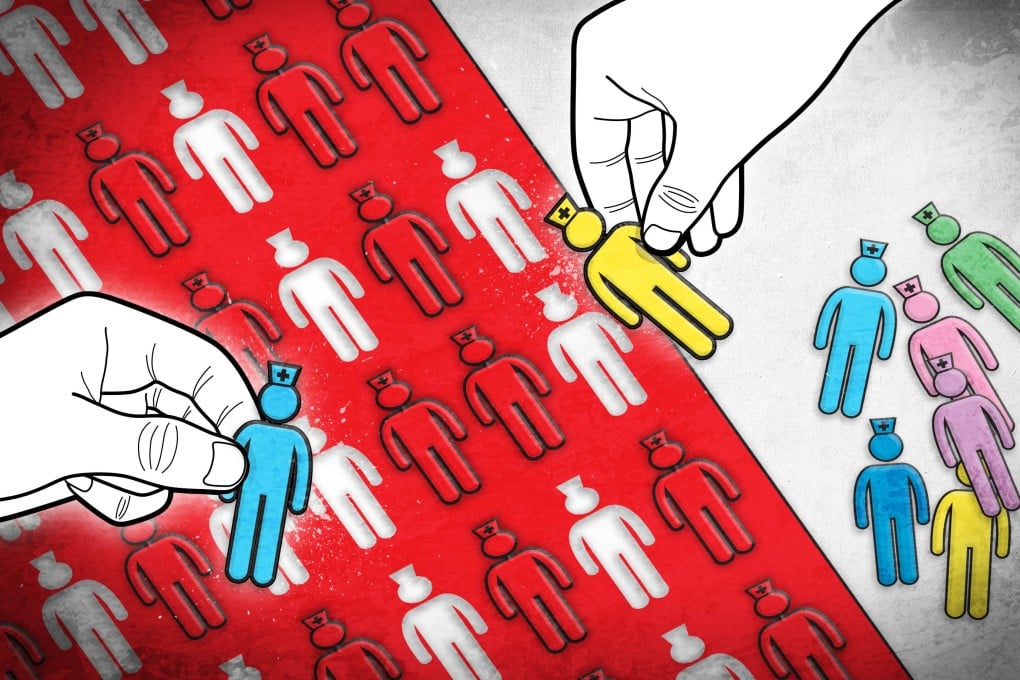Researchers at the University of Birmingham have uncovered a surprising role of the hippocampus—linking this part of the brain to the control of skilled actions such as handwriting, typing, and playing music. The hippocampus is traditionally associated with memory for events and spatial navigation, but a new study challenges these long-held distinctions and opens new possibilities for rehabilitation of neurological and neurodegenerative disorders that affect movement. Publishing their findings in The Journal of Neuroscience , the research team reveal evidence suggesting that the hippocampus plays a role in retrieving and organizing flexible movement sequences from memory.
The research team reanalyzed functional MRI (fMRI) data to focus on brain activity in key subcortical regions as participants performed well-practiced finger sequences from memory on a force-sensitive keyboard, resembling piano playing. While motor areas in the basal ganglia and the cerebellum—typically associated with the development of "muscle memory" for learned motor skills —showed increased activity during the sequence task, the study uncovered that it was the hippocampus, rather than these motor areas, that held information about the finger order of the sequence a participant was about to perform. This is like predicting whether a person would type "fears" or "fares" from the activity in the hippocampus alone.
Associate Professor and senior author of the study, Dr. Katja Kornysheva, from the Univ.


















